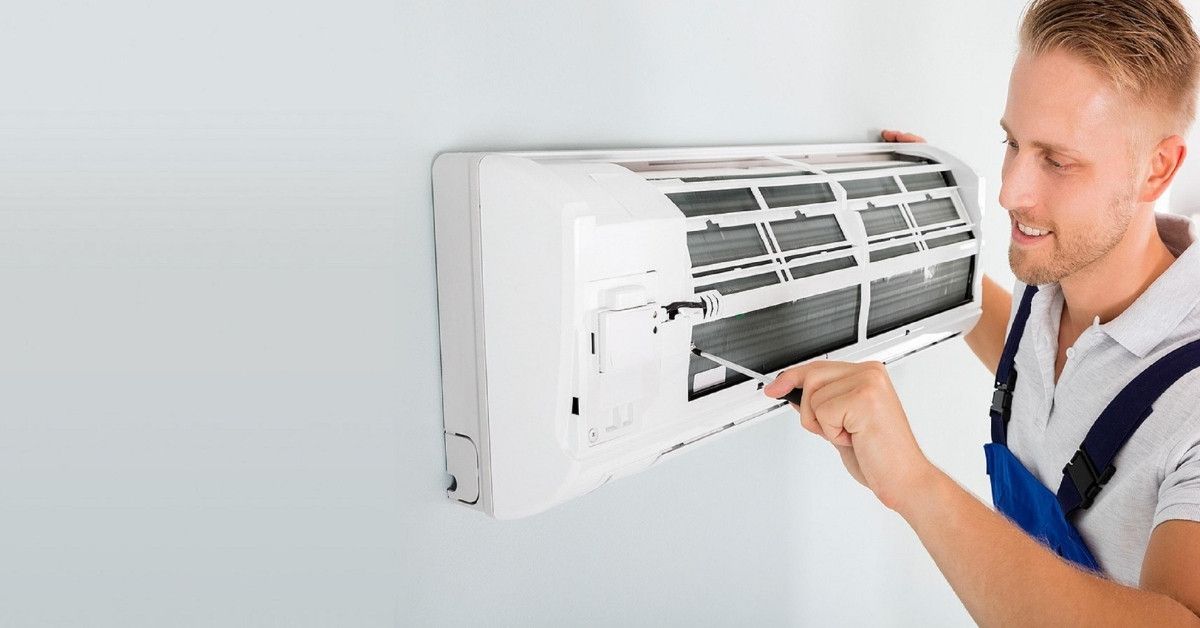From Airflow to Comfort: What HVAC Means for London Homes

Whether you're new to homeownership or just want to better understand your home's inner workings, it helps to start with the basics.HVAC stands for Heating, Ventilation, and Air Conditioning. It refers to the system that regulates temperature, airflow, and indoor air quality in your house.
For residents of London, Ontario, where weather extremes are the norm, knowing what HVAC means goes beyond curiosity—it's essential knowledge. This guide will walk you through each component of HVAC, how it supports your home's comfort, and why professional maintenance and installation make all the difference.
Key Takeaways
- HVAC stands for Heating, Ventilation, and Air Conditioning.
- These systems manage indoor temperature, airflow, and air quality.
- Knowing what HVAC means helps London homeowners make informed maintenance and upgrade decisions.
- Professional service extends system life and reduces energy bills.
- Carver Sheet Metal provides expert HVAC solutions in the London area.
Overview
If you've lived through a summer heatwave or a frigid January morning in London, Ontario, you know how essential indoor climate control is. But have you ever stopped to ask, what HVAC means for your home's comfort, energy efficiency, and safety? HVAC isn’t just an acronym—it represents the entire system that keeps your home livable year-round. This blog explores what HVAC truly stands for, how it works, and why homeowners in London should care.
What HVAC Means: A Simple Breakdown
Let’s start by breaking down the acronym:
- Heating: The part of the system that warms your home, typically using a furnace, boiler, or heat pump.
- Ventilation: The process of circulating and filtering indoor air, removing pollutants, and managing humidity.
- Air Conditioning: The system responsible for cooling and dehumidifying indoor air during warmer months.
Understanding what HVAC means helps homeowners appreciate the full scope of these systems—it's not just about heat and AC, but about maintaining comfort and safety all year.
How HVAC Systems Work in London’s Climate
London, Ontario sees significant seasonal temperature swings—from humid summers to icy winters. An efficient HVAC system adapts to these changes with minimal effort on your part.
- In winter, your heating system works overtime to keep your home warm.
- In spring and fall, ventilation is key to keeping indoor air fresh.
- In summer, air conditioning systems run to reduce both temperature and humidity.
Because of this, systems in London homes must be durable, properly sized, and maintained to handle the workload throughout the year.
Components of an HVAC System
1. Furnace or Heat Pump
Heat Pump heats air and pushes it through your home’s ductwork. Most homes in London use gas furnaces, though electric options are also common.
2. Air Conditioner
Uses refrigerant to remove heat from your home and expel it outdoors.
3. Thermostat
Acts as the control center for your HVAC system, adjusting settings based on temperature preferences.
4. Ductwork and Vents
Channels conditioned air to different rooms. Leaky ducts can significantly reduce system efficiency.
5. Air Filters and Ventilation Fans
These improve air quality by trapping particles and encouraging circulation. All components must work together seamlessly to deliver consistent indoor comfort.
Energy Efficiency and HVAC Performance
The efficiency of your HVAC system determines not only your comfort but also your monthly utility bills. Factors that impact system performance include:
- System age and condition
- Duct design and insulation
- Air filter cleanliness
- Thermostat technology
Upgrading to a high-efficiency model or smart thermostat can lead to noticeable savings, especially in energy-conscious communities like London, Ontario.
Common HVAC Problems in London Homes
If you’re not sure what HVAC means for your comfort until something breaks, here are a few issues to watch out for:
- Uneven Heating or Cooling: Could be due to ductwork issues or system imbalance.
- Noisy Operation: Often a sign of mechanical problems or loose parts.
- High Energy Bills: May indicate poor efficiency or system wear.
- Frequent Cycling: When your unit turns on and off too often, reducing lifespan.
Routine inspections and professional maintenance can help prevent these problems and improve your home’s climate stability.
Why Professional Installation and Maintenance Matter
While there are simple tasks homeowners can do—like replacing filters—HVAC installation and service should always be done by professionals. DIY attempts can cause:
- Warranty voids
- Gas or electrical hazards
- Poor airflow
- Inefficient performance
Professional service providers know what HVAC means in a functional, local context. They understand the importance of proper sizing, ventilation planning, and equipment matching.
If you're looking for expert help maintaining or upgrading your HVAC system,Carver Sheet Metal offers comprehensive services in and around London, Ontario.
Address: 1245 Sunningdale Road E, London, ON
Phone:
(519) 555-3821
Their team handles everything from furnace and AC installation to seasonal maintenance. More importantly, they offer real, local expertise—an important asset when dealing with Southern Ontario’s weather. Their licensed technicians understand what HVAC means not just in theory, but in the context of homes just like yours.
FAQs
Q: What does HVAC stand for?
A: Heating, Ventilation, and Air Conditioning.
Q: How often should I service my HVAC system?
A: At least once per year. Ideally before the summer and winter seasons begin.
Q: Can I replace my HVAC filter myself?
A: Yes. Filters should be replaced every 1–3 months depending on use and air quality.
Q: Is duct cleaning part of HVAC maintenance?
A: It can be, especially if you notice dust buildup or allergies worsening.
Q: Are smart thermostats worth the investment?
A: Yes. They help regulate temperature more efficiently and can save on energy costs.
Conclusion
Whether it’s 30 degrees outside or minus 10, your HVAC system works hard to keep your home safe and comfortable. Understanding what HVAC means helps you make better choices about maintenance, upgrades, and energy use.
And in a place like London, Ontario, where seasonal extremes test the limits of your heating and cooling systems, professional guidance is invaluable.
If you live near London, Ontario and want peace of mind with your heating and cooling, don’t guess—go with professionals who know the climate and the technology inside out.










